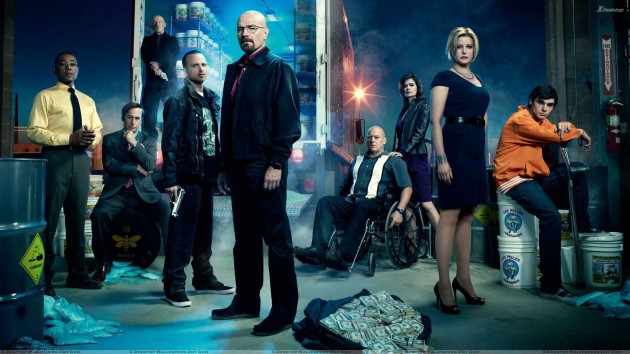
“Well done.”
“Perfect.”
“Best written show.”
“That was the only way it could have ended.”
All those phrases flooded our news feeds on Facebook, Twitter and other streams of communication regarding the “Breaking Bad” series finale, which aired Sept. 29.
I wish I were a part of this fandom, but I unfortunately didn’t catch on until it was too late. However, with all these glorified praises on my news feed, I decided there had to be some good substance to this television show.
After much research I concluded this: Similarly to fans of “LOST” or “The Sopranos,” people felt connected to the characters, as if this life on their television screen were just an extension of their own.
An article in “Time” magazine said, “‘Felina,’ the last episode ever of the magnificent series ‘Breaking Bad,’ was a kind of machine gun of narrative, knocking down all of those questions with auto-fire efficiency.”
Within this show we got to witness redemption, restoration and, most importantly, reality. Fans are repetitively praising the show’s authentic and true storyline. The good character doesn’t always have a fairy tale ending. This show depicted actual life, and it finished in a valid way.
Walter White (Brian Cranston) “died on his own terms” and passed away “as a noble, self-sacrificing hero rather than a tragic figure whose soul shifted from man to monster.”
Though I did not witness the full accounts of this show, I can see that the creator, Vince Gilligan, wanted to be different. Gilligan wasn’t trying to confuse, trick or deceive. (Modafinil) He was trying to be real and that is what makes his production different than the others.
Because of its multiple Primetime Emmy Awards and hyped acclaim, “Breaking Bad” seems to be more real than reality television. I highly recommend this show, and I haven’t even seen it myself.


